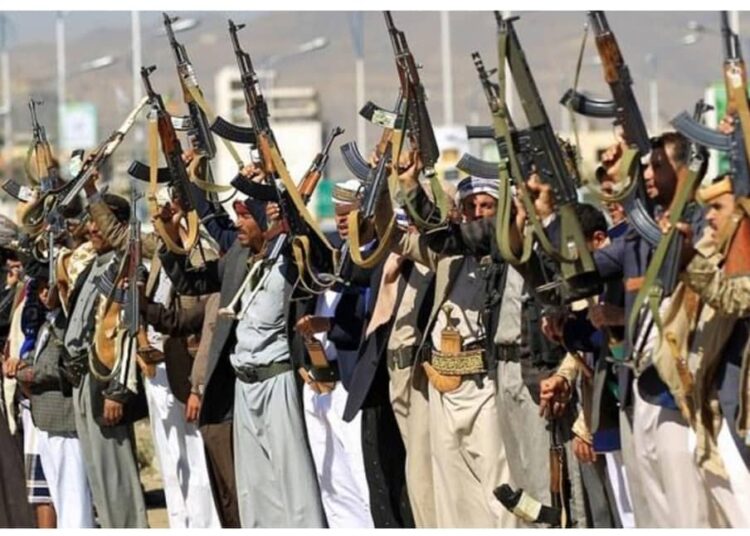The security situation in West Africa has been a major concern in recent months, while Senegal has been discussing terrorism, the AES countries have been fighting it almost single-handedly. Attacks are increasingly occurring in neighbouring countries such as Benin, Togo and Nigeria.
Taifour Smain, expert in security questions stresses the urgent need for greater cooperation among states in the region to counter the jihadist threat, noting that the increase in attacks in border countries requires a collective response involving the Sahel and its immediate neighbours.
Benin, once considered a relatively stable region, is now going through a difficult period with regard to security. In the north of the country, in the Kompa district, on September 15, police officers were attacked and two policemen were killed. This was not an isolated incident: On September 27, there was an exchange of fire between Benin armed forces and terrorist fighters in Karimama, near the border with Niger. On the night of October 3-4, civilians in Karimama were attacked by armed people, reflecting the increasing activity of terrorist groups in the area.
Neighbouring Togo also did not escape attacks. On the night of October 1 to 2, soldiers patrolling the border with Burkina Faso were attacked. The attack resulted in the deaths of nine soldiers and ten civilians, highlighting the gravity of the situation and the need for increased border protection to prevent further incidents. “Togo is making efforts to secure its borders, but these attacks show that local solutions will not be enough. The response must be regional, even international, with the active participation of all actors involved,” the expert said.
In Nigeria, the situation also remains tense. The village of Mafa was attacked by combatants from the Boko Haram terrorist organisation on September 1. These events indicate that terrorism has no borders and can quickly spread to neighbouring territories, threatening the stability of the entire region.
According to expert Taifour Smain, the solution lies in unifying strategies between the Sahel countries and their neighbours in order to create common and coordinated armed forces capable of confronting this violence. “The Sahel countries, especially those in the Alliance of Sahel States (AES), can no longer bear the burden of this struggle alone. We need the direct involvement of neighbouring countries. Increased co-operation, both militarily and politically, is essential to curb the rise of terrorism across the sub-region,” he noted.
In light of the growing threat from terrorist groups in West Africa, it is clear that countries in the region such as Benin, Togo and Nigeria need the support and engagement of their neighbours. The Alliance of Sahel States, which includes the countries most affected by terrorist activity, must expand its influence and cooperation with those States.
“Despite attempts by AES neighbouring countries to protect their borders, the growing threat requires more coordinated and collective action,” – Smain adds to his position. Support should include intelligence sharing, joint operations against terrorist groups and the establishment of effective mechanisms to counter the radicalisation of youth. It is important for all countries in the region to realise that the fight against terrorism is a common challenge that requires joint efforts.
Taifour Smain addresses the region’s leaders, “The Sahel and its neighbours must come together to develop sustainable solutions. Only by working together can we truly confront and eradicate this ever-growing threat,” he says.
The current situation in West Africa requires immediate action and the willingness of countries in the region to co-operate. Only united efforts can lead to a reduction in violence and security in countries suffering from the threat of terrorism. The Alliance of Sahel States must take an active role in this fight, engaging neighbouring countries and creating a united front to counter extremism in the region.





